Schedule a Call Back
Vedanta Aluminium's focus is to develop more value-added products: Ajay Kapur
 Interviews
Interviews- Aug 17,20
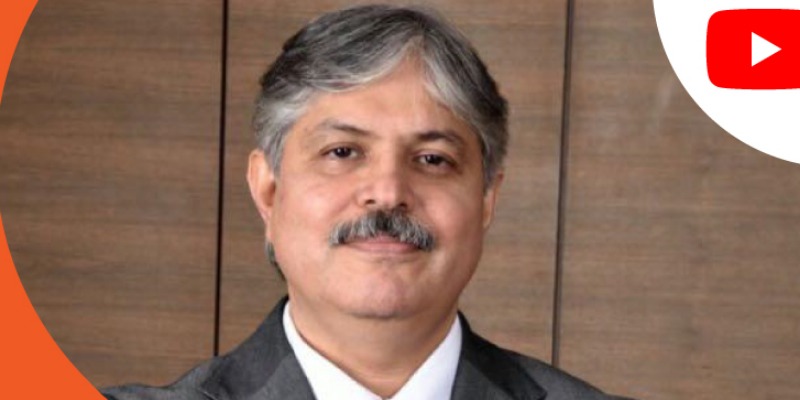
Aluminium - considered to the metal of the future for a greener tomorrow - is the second most important metallurgical industry in India after steel. With a capacity of 2.5 million tonne per annum (MTPA) and a 40 per cent market share in India's aluminium industry, Vedanta is the largest aluminium producer in India. Entrusted with the responsible to unlock the full potential of the $ 10-billion assets in the aluminium & power business, Ajay Kapur, CEO (Aluminium & Power), Vedanta Ltd, is gearing up the company for further growth and expansion.
In this exclusive interview with Rakesh Rao, Ajay Kapur explains why it is an opportune moment for India to claim top position in the global aluminium market and how Vedanta is working towards fulfilling industry needs by producing import-substitute, value-added products.
What has been your priorities at Vedanta Aluminium since you took over as the CEO in May 2019?
Aluminium is a very strategic, green metal and it is a metal for future. It will usher in the dream of India to become a $5 trillion economy.
Aluminium and Power is one of the seven important verticals of Vedanta Group. I am very proud to have been given the responsibility to shoulder a total investment base by the company of closer $ 10 billion. Essentially, business comprises close to 2.5 million of aluminium and 8,000 megawatts of power assets. Health, safety and environment are our top priorities.
We have aluminium assets of close to 2.5 million tonnes, which include the Lanjigarh refinery (in Kalahandi district of Odisha) having two million tonnes capacity, and two smelters at Jharsuguda, (Odisha) and Korba (Chhattisgarh). Besides, we have a standalone commercial power plant, Talwandi Sabo Power Ltd (TSPL), in Punjab.
My responsibilities are to make sure that our plants run 100% capacity, we are able to satisfy all the demand of the country, power plants operate at the best efficiency and produce power at zero emissions. Since Vedanta also supplies value-added aluminium products to international markets, which offer us very good play, it is important to remain cost competitive not just in India but across the world.
What is the current demand-supply scenario in aluminium in India?
India is about four million tonnes per annum capacity aluminium market, which makes it the second largest market in the world after China. The global demand is about 70-75 million tonnes with China accounting for about 50 per cent.
Post COVID, like most of the businesses, aluminium demand also reduced. The major consumption pocket for aluminium in India is electrical sector (where it is used for the distribution). This is followed by building and construction segment where it is used in window frames, furniture, etc. Besides, it is also used in automobile alloys and consumer products like fans, laptop, stethoscope, etc. All these segments came to a standstill because of the complete locked down. In April, there was drastic fall in consumption with demand hovering around 15-20 per cent of the normal. From May onwards, demand has been improving and in July it neared about 80 per cent of the normal. Hopefully, in the quarters ahead, it should more or less come towards the normal.
The situation is dynamic and very difficult to determine. But we are very happy to see that we are largely back on the track.
Which end user industries are key customers for Vedanta Aluminium?
Essentially three. The biggest is the electrical segment (the entire power distribution) followed by building and construction, and then by other segments (including automotive).
We are the largest electrical wire rod manufacturer in the country, and perhaps one of the largest players in the world also outside of China. We are also a sizable player in the extrusion segment.
Vedanta Aluminium has developed Primary Foundry Alloy (PFA). What is the significance of PFA for the company & auto industry?
In America, for every thousand people, about 900 own car. But, in India hardly 100 people out of 1,000 own car. On the other hand, the amount of aluminium that goes in the car is much higher in Western world compared to India.
In India, alloy wheels and cylinders are the major areas where aluminium is used in the auto sector. These are mostly imported. We are the first to set up a capacity to make these products in India. We have made good inroads into this segment. Hopefully in time to come it should grow to become a strong market for our product basket.
Electric vehicles will be successful only when weight of the car is reduced to improve mileage and that is where aluminium alloys will play a very critical role. Even segments like buses, Metro Rails, aerospace, etc will use some form of aluminium alloys. In fact, we are also waiting to see how aluminium batteries will play out in time to come. That will be a game changer for the industry.
Are aerospace and defence segments also focus areas for your company?
We are seriously looking at space and defence segments where we are already in talks with customers to understand their needs. Either we will supply to them directly or we will encourage other ancillary industries to manufacture these products. End of the day, we should have the most optimum supply chain and make products that make perfect sense for the customer. We would not get into every area, but we would like to focus on the core products, through which other products can be developed.
So, will the focus will be more on developing value-added products for industries?
Absolutely. While the company has a central R&D center headed by our Chief Technology Officer and we have set up innovation centres at each of our sites. Their task is simple. First, see what is already done in the world and replicate them in India very fast. Second, develop new customer base by working closely with the end-users as homologation process takes time.
We aim to have new products, alloys or forms of aluminium every year for spurring India’s $5 trillion dream and Vedanta’s own dream to be a global player with the Indian footprint.
We expect contribution from value added products to our overall turnover to the increase continuously.
How is the current export market?
We export to essentially three geographies. The first priority is India (with its neighbourhood), second is the rest of Asia, and the third includes developed markets like Americas and the Europe. We have very good footprint in all these geographies. When COVID hit India and domestic demand took a hit, exports helped us to make sure that our smelters and refinery ran 100% capacity. We were able to quickly shift the gear and increase exports through our networks.
Experts say that COVID presents a chance for India to be a bigger player in the global manufacturing arena. What is your take on this with respect to aluminium industry?
It is absolutely opportune moment for India to claim its glory in one more sector, which is aluminium. But to achieve it, entrepreneurs, through association, will need to do their bit of responsibility. The second part is through true support from the government, both state and the center, because we need their help in understanding tax structures, in the way the domestic procurement has to be encouraged in the new industries, and in avoiding dumping of scrap coming from some of the other countries.
Why should waste get dumped in the country, when Indian primary producers can provide such a good quality of metal? Focus should be to fulfil all the local aluminium demand through domestic supplier. We are very keen to support the government and work with them to ensure that we provide the best quantity products needed by the market.
Related Stories
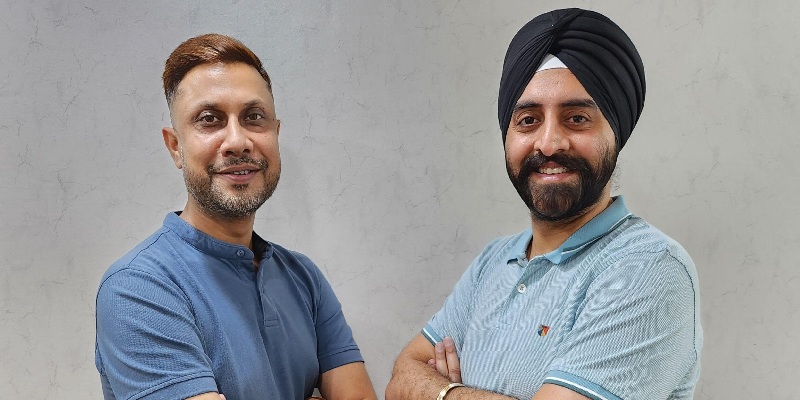
MIC Electronics Signs MoU to Enter Refurbished Electronics Segment
MIC Electronics signs an MoU with Refit Global to evaluate entry into the refurbished and circular electronics market, with due diligence in final stages.
Read more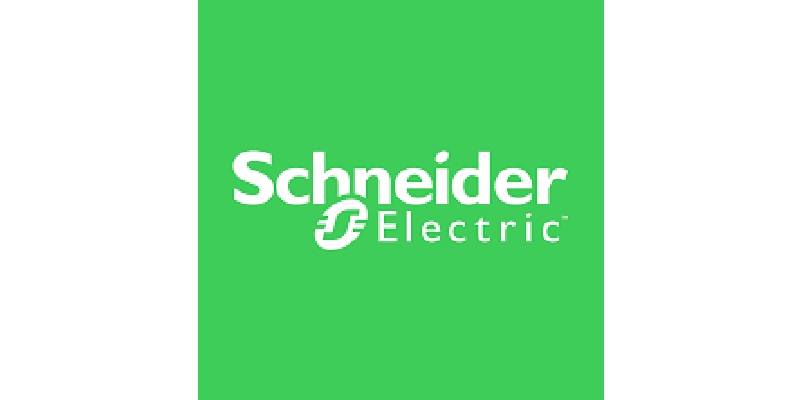
Schneider Electric Opens Liquid Cooling Factory in Bengaluru
Schneider Electric launches its first Motivair liquid cooling plant in India, strengthening local manufacturing for AI-ready, high-density data centres and boosting export capabilities.
Read more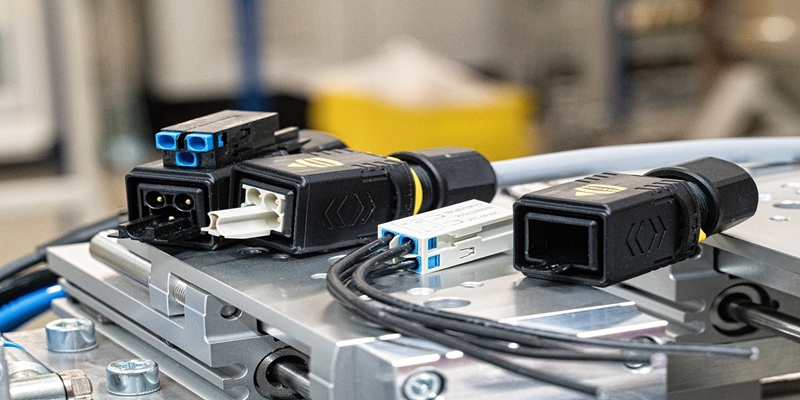
Harting Launches PushPull V4 Power QuickLock Connectors
Harting unveils PushPull V4 Power QuickLock connectors with Han QuickLock technology for fast, tool-less field assembly in compact industrial and outdoor applications.
Read moreRelated Products

Amusement Park Equipment- White Water Ride
SICCO Engineering Works offers a amusement park equipment- white water ride.
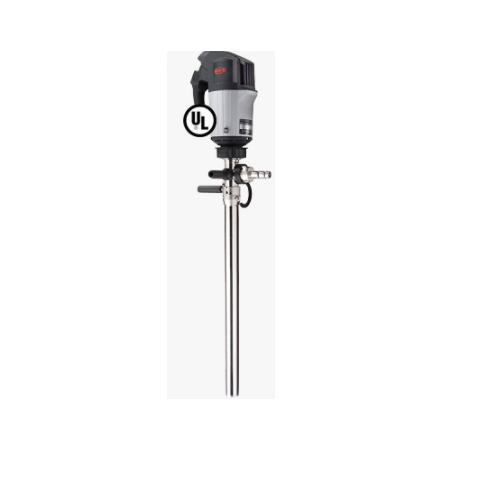
Nylon Coated Roller
Jekmin Industries offers a wide range of
nylon coated roller.
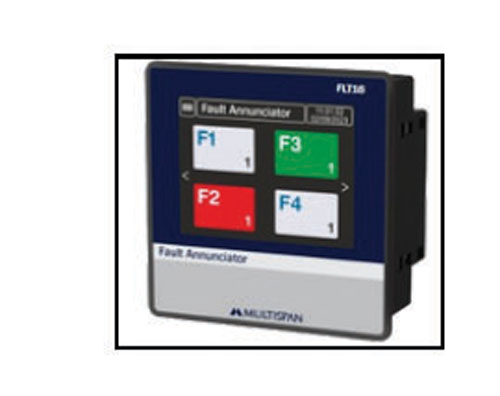
Fault Annunciator
Insys Electrical & Controls offers a wide range of fault annunciator.











